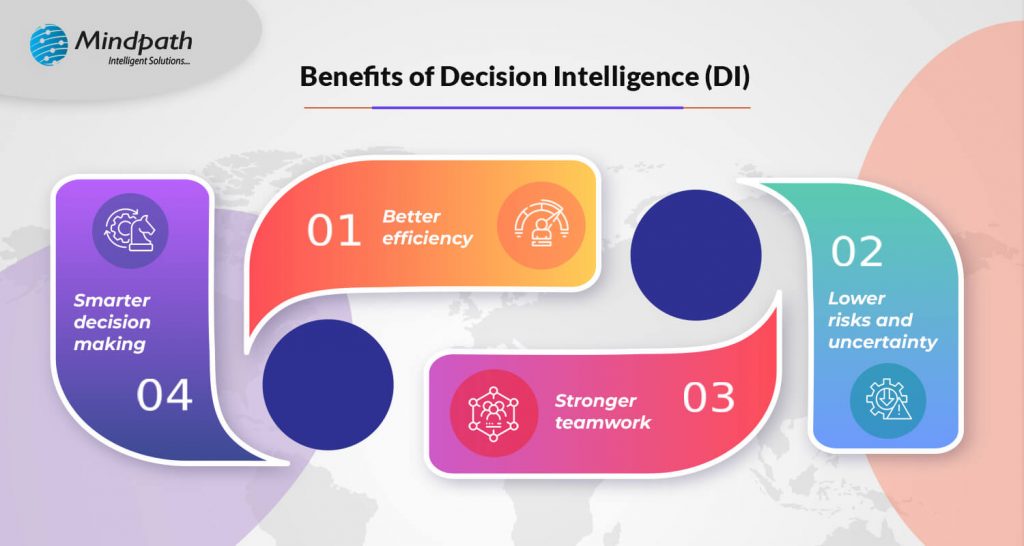Node.js developer in New York expenses vary depending on criteria such as expertise, project size, and hiring technique. Whether you’re a startup searching for a low-cost alternative or a major company looking for top-tier expertise, understanding these expenses will help you make an informed selection.
1. Hourly Rates for Node.js Developers
Hiring a Node.js developer in New York is based on experience. Junior developers (0-2 years) charge $12-$50 per hour for minor bug fixes, API connections, and application changes. Mid-level developers (3-5 years experience) charge $50-$100 per hour and specialize in full-stack development, performance optimization, and complicated backend operations. Senior developers (5+ years) charge $80-$150+ per hour and have extensive abilities in system architecture, database administration, and high-performance solutions. The more experienced the developer, the greater the cost because of their ability to manage complicated projects efficiently. If you’re seeking cost-effective alternatives, remote hiring from nations with reduced labor expenses can be a possibility. However, recruiting locally in New York allows for greater cooperation, real-time assistance, and easier project management. Deciding the right developer level depends on your project requirements, budget, and long-term goals.
2. Project-Based Costs
The overall cost of a Node.js project varies depending on its complexity, length, and team size. Small projects, such as rudimentary web apps with limited functionality, often cost between $12,000 and $25,000. Medium projects, which include bespoke apps with various connectors and real-time capabilities, cost between $25,000 and $45,000. Large-scale projects can cost more than $60,000. Examples include enterprise-level programs with high scalability, improved security, and cloud integration. A separate development team is frequently required for larger projects, which raises the cost even further. Businesses can collaborate with a Node.js development business, with yearly service rates ranging from $72,000 to $116,000. Choosing between freelancers, an in-house team, and an agency has a big influence on the overall cost. While freelancers are cost-effective for short-term work, agencies provide comprehensive development services with long-term support. Evaluating your project scope beforehand helps in budgeting and selecting the best hiring model.
3. Factors Affecting Hiring Costs
Several factors affect the cost of hiring a Node.js developer in New York. Project complexity is important—simple apps cost less, but complicated projects needing high scalability, AI integration, or data security raise costs. The hiring approach also influences price. Freelancers charge less but may not provide ongoing help. In-house developers provide consistency but incur additional overhead expenditures like salary and perks. Development agencies offer comprehensive solutions but are usually the most expensive. Another important consideration for developers is their location. Hiring in New York facilitates smoother cooperation and speedier communication, but it is more expensive than outsourcing to nations like as India or Eastern Europe, where hourly rates are much cheaper. When selecting a developer, you must consider experience, quality, and affordability. By carefully considering these factors, businesses can find a cost-effective yet skilled Node.js developer to match their project’s needs.
Need skilled Node.js developers in New York for your next project? At Mindpath, provides expert developers to build secure, scalable, and high-performance applications. Whether you need a dedicated team or a single developer, we offer flexible hiring models to fit your budget and project needs.
Partner with Mindpath today and bring your vision to life with top-tier Node.js development!














